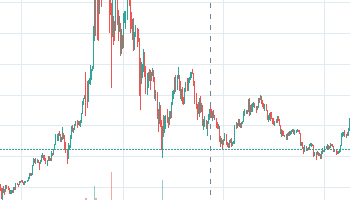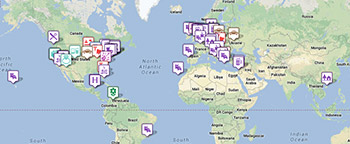Every enterprise has a legal and moral obligation to protect their customers’ data. You must therefore proactively take the necessary steps to successfully secure their personal details. For this reason, here is some informative advice on how to protect your customer data.
Set-up Endpoint, Email, and Network Protection
If you haven’t already done so, ensure you set-up endpoint, email, and network protection, which can successfully filter malware, spam, and other potentially dangerous file types. As a result, you will protect both your infrastructure and data, so you will never risk a customer data breach.
Introduce a Company Data Policy
The biggest risk to your company and customer data could be your employees. Don’t take any chances and train every employee on data protection. Introduce a company data policy and cybersecurity training to inform staff about possible data vulnerabilities and consequences. Educate your staff on suspicious emails or activity, and how to report unusual attachments, emails, or internal behavior as soon as possible.
Encrypt Data
Never underestimate the importance of data protection; otherwise, you could be faced with legal, financial, and reputational repercussions. Data encryption is therefore essential to protect critical files from falling into the wrong hands, such as a disgruntled employee or a hacker. An encryption will ensure a folder is useless, as a cyber-criminal or disgruntled member of staff will be unable to gain access to the file. Create a data encryption schedule to ensure your files are continually protected.
A Data Recovery Service
Businesses must retain customer and employee data for a set period. If you have deliberately or accidentally deleted an important document, we recommend not using the computer and consult a data retrieval expert. Professional data recovery will be the best and safest solution for recovering a deleted or lost document, so you can continually adhere to the any data protection legislation that is relevant to your country.
Switch to a Dedicated Server
Many small businesses make the giant mistake of using a shared server, which are often both cheap and convenient. However, they will be anything but convenient or affordable following a data breach. Don’t run your website, scripts or programs on the same server as other individuals or companies, which could easily be hacked. Instead, switch to a dedicated server to increase your online security.
Focus on Traditional Data Security Practices
In addition to focusing on your online data security, you must also focus on traditional data security practices, which can also result in a data breach or loss. You must therefore develop a serious, proactive approach to handling paper documents, especially during the disposal process. Every business must take the steps to properly dispose of paper documents, DVDs, CDs, USBs, and computer devices. For example, never throw a paper document into a general trash can. Instead, you must shred, burn, or successfully destroy all data prior to disposal.
Your customers will place a great deal of trust in your business when providing their personal and financial information. Never break their trust and protect their sensitive data at every opportunity.


 Updated every 10 minutes
Updated every 10 minutes


